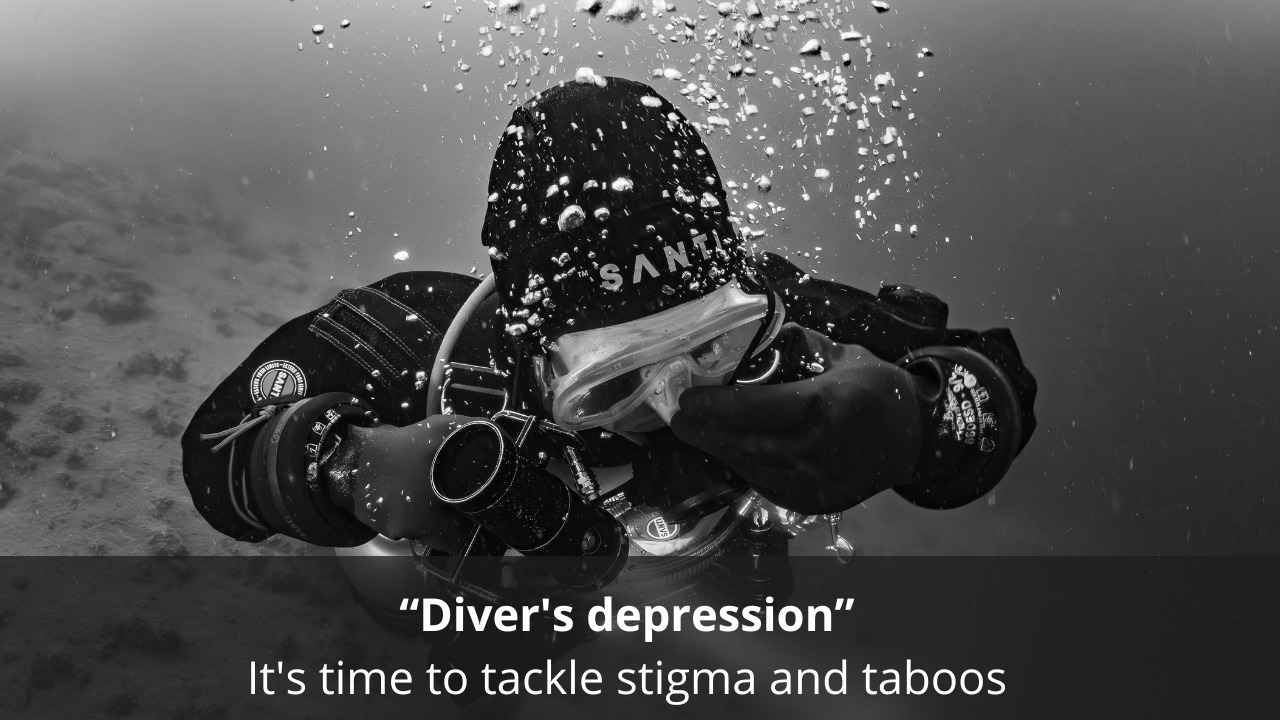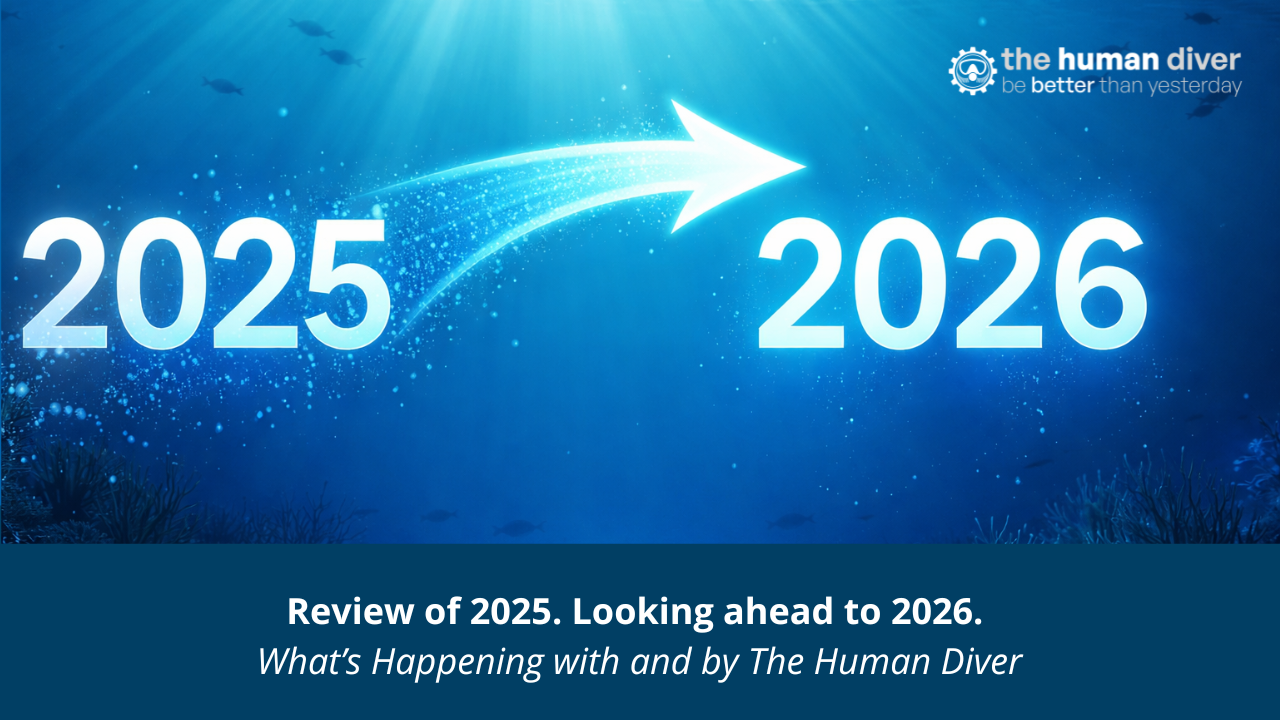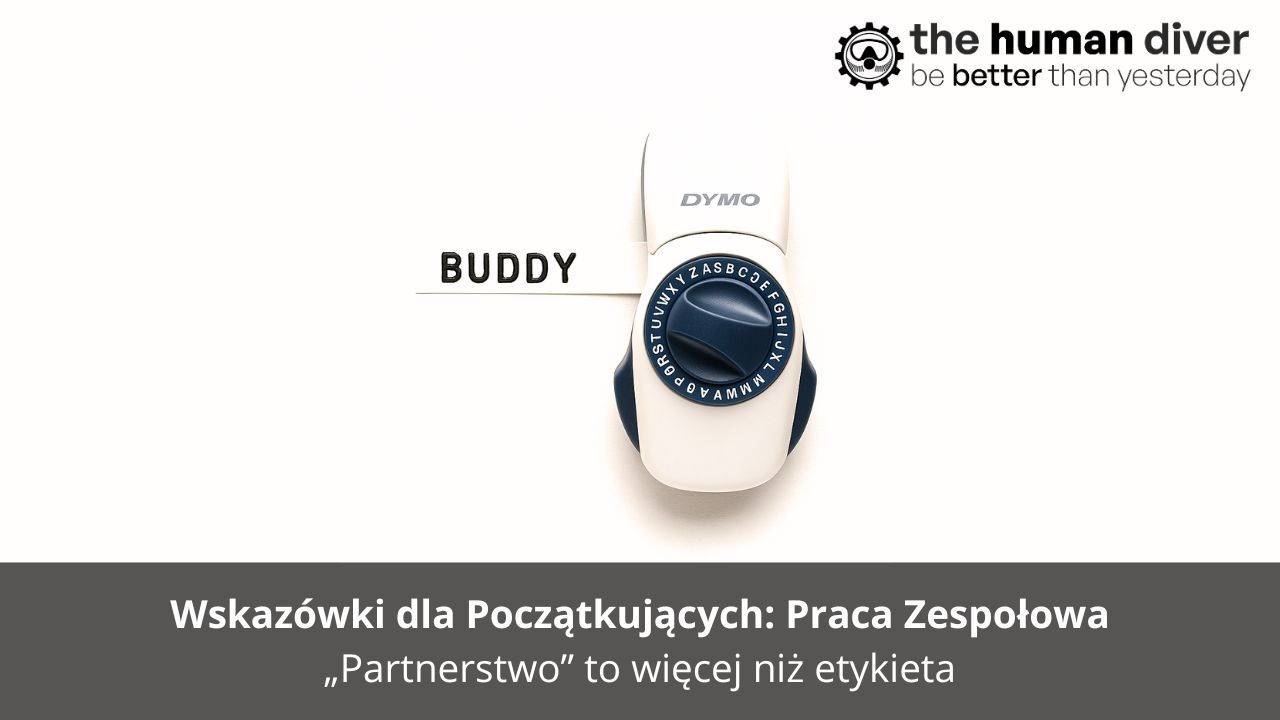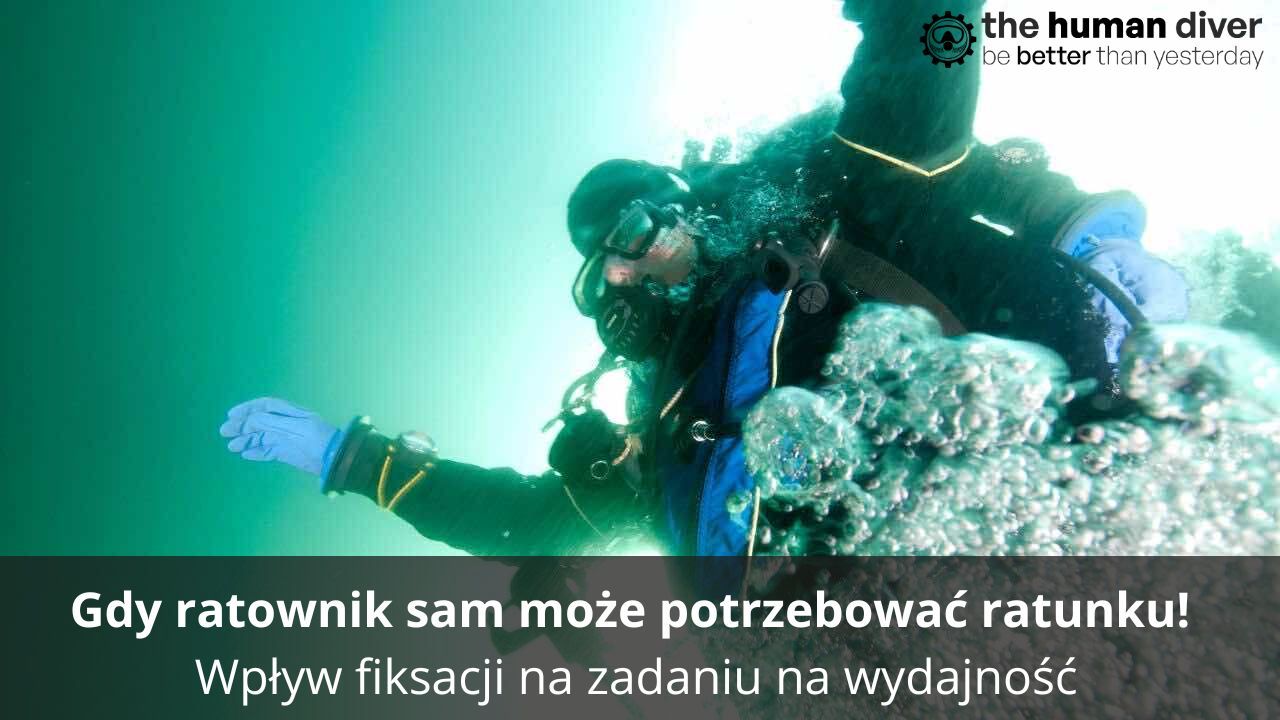
The Four Stages of Learning
Aug 02, 2023“After a while it’ll just click and you’ll just know what to adjust and by how much”
This comment was made by an instructor candidate to his student recently. He was talking about adjusting a sidemount harness and making small adjustments if things didn’t feel right. The student had only just finished his course and having completed it on a borrowed harness was wondering how long it would take him to adjust his harness on his own, without the instructor being there. The instructor had taught him how to make adjustments and how each adjustment affected different things (the positioning of the tanks, the positioning of the valves, trim etc) but he’d forgotten one important point; when the instructor had learnt he’d spent a week going in and out of the water making tiny adjustments and seeing the difference each one had made. He’s since had several years of experience, not only diving sidemount himself but also teaching others and adjusting their harnesses. He can now “intuitively” make multiple adjustments to a harness to fit it to a student very quickly. He wasn’t consciously having to think about which adjustment affected which factor as it had clicked for him long ago.
It’s the same for any expert. It’s surprisingly difficult to describe a situation or skill, step by step, to beginners when it’s something you do with ease. New instructors are taught a script for each skill.
“You watch me. Tip the mask to allow some water in. Look up, breathe in through your mouth. Press the top of the mask frame. Breathe out through your nose.” Voila, empty mask!
Even with a script, it’s still easy to miss steps. This is because experts aren’t always consciously aware of what they know. The reason for that is partly due to the way we learn.

Stage 1: Unconscious Incompetence - Embarking on the Underwater Adventure
Anyone starting out with a new skill is unaware of what they don’t know. As beginners start to learn, they rely on step-by-step instructions and scripted techniques to perform skills. Complex new skills like clearing a mask seem easy when explained and demonstrated by the instructor. Mistakes are common. This is also the point when they may make poor decisions but their lack of knowledge means they might not realise. In the paper “Unskilled and Unaware of it” Kruger and Dunning quote Charles Darwin “ignorance more frequently begets confidence than does knowledge”. This is why beginners will often say their instructor was the best ever….they don’t have anyone to compare them too!
This initial phase is vital for building a strong foundation for growth. The beginner needs to be slowly introduced to new things and given strong reasons why those things are done.
Stage 2: Conscious Incompetence - Embracing the Learning Curve
As novices gain more experience, they transition into the stage of conscious incompetence. This phase is characterised by the realisation of the vast amount of knowledge and skill yet to be acquired. Novices are now starting to become aware of their limitations. The first time they try to clear a mask, they breathe out of their mouth, instead of their nose. They are now able to see that there are things they need to learn. This is often referred to as the peak of “Mount Stupid”. At this point the novice knows what they don’t know. They realise that they have a lot to learn and recognise that expertise comes from practice, experience, and learning from mistakes.

Stage 3: Conscious Competence - The Art of Mastery
This is where things start to click. The student is able to do certain skills but may have to concentrate in order to do them properly or well. They can clear their mask when they focus on blowing out of their nose. Completing tasks or skills still requires attention, but they no longer need to rely on scripted techniques. At this point they will start to see the light at the end of the tunnel. The student has acquired enough experience to understand the cause-and-effect relationships between their actions and their impact underwater. With continued practice and guidance, they are well on their way to mastery.
Stage 4: Unconscious Competence - Embracing Mastery
The final stage of learning is unconscious competence - the realm of experts. At this stage, divers have internalised their skills to the point where they can execute them almost instinctively and effortlessly. Clearing a mask becomes second nature to the diver, requiring little conscious effort with the ability to focus on other task while they’re doing it. This level might take take years of diving, learning, and teaching to get there. As a diver gains more experience, the skills become more intuitive, and they find themself not having to consciously think about what to do and how that affects other things. This is where we’ve gone full circle and now need to consciously think about how we complete a skill in order to pass it on to others.

Every expert diver's journey is shaped by the four stages of learning - from unconscious incompetence to unconscious competence. It is crucial for both students and instructors to recognise and embrace these stages as an integral part of the learning process. We learn from a combination of teaching, practise and learning from others mistakes (as shown in this blog https://www.thehumandiver.com/blog/why-diving-incident-stories-are-good-and-bad)

Jenny is a full-time technical diving instructor and safety diver. Prior to diving, she worked in outdoor education for 10 years teaching rock climbing, white water kayaking and canoeing, sailing, skiing, caving and cycling, among other sports. Her interest in team development started with outdoor education, using it as a tool to help people learn more about communication, planning and teamwork.
Since 2009 she has lived in Dahab, Egypt teaching SCUBA diving. She is now a technical instructor trainer for TDI, advanced trimix instructor, advanced mixed gas CCR diver and helitrox CCR instructor.
Jenny has supported a number of deep dives as part of H2O divers dive team and works as a safety diver in the media industry.
If you'd like to deepen your diving experience, consider taking the online introduction course which will change your attitude towards diving because safety is your perception, visit the website.
Want to learn more about this article or have questions? Contact us.










